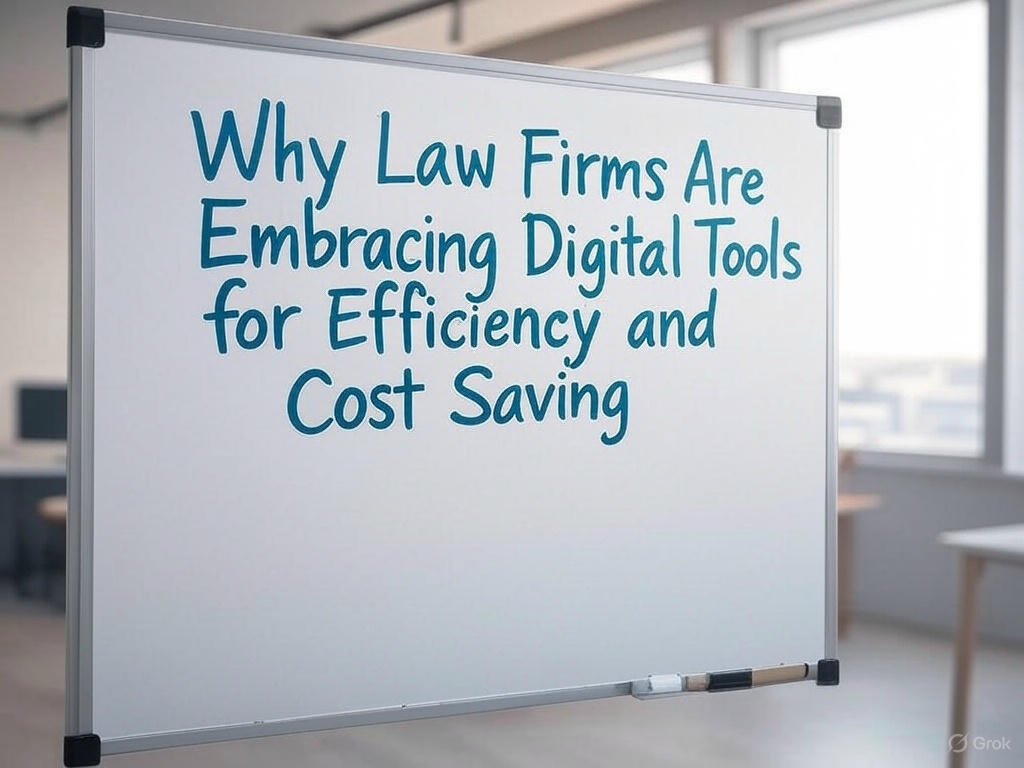Not everyone has the traditional documents lenders usually ask for. Freelancers, small business owners, and individuals between jobs might have financial stability but lack formal income proof. In such situations, the idea of applying for a personal loan can feel uncertain. The concern is straightforward whether a bank or lender approve a loan without salary slips, ITR, or other standard paperwork?
A fast cash loan for emergencies in Singapore is a reliable solution for those facing sudden expenses. With quick approval and flexible repayment, borrowers can secure urgent funds without long waiting times, ensuring financial stability during challenging situations like medical emergencies or urgent repairs.
A personal loan is typically sanctioned based on income stability and repayment capacity. These are usually confirmed through documents like bank statements, income tax returns, or salary slips. Without these, you may still have options, but the approach and requirements will be different.
Why income proof matters to lenders
Income proof and ITR help lenders measure the risk of lending. They want to know if you can handle EMIs comfortably. These documents show your earning history, repayment ability, and credit discipline. Without them, lenders need alternative ways to assess your financial credibility.
When income proof is missing, the process might involve additional checks. This could mean higher scrutiny of your credit score, verification of your banking history, or even requests for guarantors or collateral.
Scenarios where you might not have ITR or income proof
People can find themselves without these documents for many reasons.
- Self-employed individuals who operate on cash transactions and do not file regular returns.
- Fresh graduates who have just started working and do not have a tax filing record.
- Seasonal workers whose income is irregular and difficult to document.
- Individuals on a career break who may have savings but no active employment income.
These situations are common and do not necessarily mean a loan is out of reach. The key is to present alternative ways to show financial reliability.
Alternative ways to strengthen your case
If you do not have income proof or an ITR, you can still present other financial credentials that demonstrate repayment ability.
- Strong credit score
A good repayment track record on credit cards, EMIs, or past loans can reassure lenders. A score above 750 can work in your favour. - Bank statements
Even without salary slips, consistent deposits or a healthy balance in your account can help establish financial discipline. - Collateral or security
Offering fixed deposits, gold, or property as security can reduce the lender’s risk. This may also help secure better terms. - Guarantor or co-applicant
Adding someone with a stable income and good credit history as a co-borrower can improve approval chances. - Proof of alternative income
Rental income, investments, or business contracts can also serve as evidence of your ability to repay.
What to expect during the approval process
Without standard documents, the loan process may take longer. Lenders could:
- Conduct more in-depth verification of your financial background.
- Request additional supporting documents like utility bills, asset proofs, or business invoices.
- Offer lower loan amounts initially, increasing limits once repayment history is established.
- Apply slightly higher interest rates to offset the perceived risk.
Being prepared for these possibilities can help you negotiate better and manage expectations.
Advantages and risks of applying without an income proof
There are both positives and challenges to be aware of.
Advantages:
- Access to funds even without traditional paperwork.
- Opportunity to build or improve your credit profile.
- Flexibility for self-employed individuals or non-salaried professionals.
Risks:
- Potentially higher interest rates.
- Shorter repayment tenure.
- Stricter eligibility checks and conditions.
- Risk of over-borrowing without a steady income stream.
Tips to improve your approval chances
If you plan to apply for a personal loan without income proof or ITR, consider these steps to boost confidence in your application:
- Maintain a healthy credit score by paying existing dues on time.
- Show consistent banking activity through regular deposits and minimal overdrafts.
- Offer collateral to secure better terms.
- Choose the right lender as some financial institutions have dedicated products for self-employed or non-salaried applicants.
- Start with a smaller loan and build trust with timely repayments before applying for higher amounts.
Deciding if it is the right choice for you
Before committing, assess whether you genuinely need the loan and if you can manage the EMIs without stress. If your income is unpredictable, consider borrowing only what is necessary to avoid repayment issues.
For many, a personal loan without income proof can be a short-term solution to urgent needs. However, it should be approached with careful planning and a realistic repayment strategy.
While lenders do prefer standard income documentation, it is possible to get a personal loan without ITR or salary slips. The process requires more preparation, stronger supporting evidence, and sometimes additional security. By focusing on building a strong credit history and presenting alternative proofs, you can improve your chances of approval.
FAQs
1. Can a student apply for a personal loan without income proof?
Students usually need a co-applicant with a stable income or collateral to qualify.
2. Will the loan amount be lower if I do not have an ITR?
Yes, lenders may approve smaller amounts initially to limit risk.
3. Can rental income be shown instead of salary slips?
Yes, if it is supported by valid documents like rent agreements and bank deposits.
4. Are interest rates higher for applicants without income proof?
They can be, as lenders compensate for the increased risk.
5. Can a personal loan help build my credit score?
Yes, timely repayments can strengthen your score over time.






